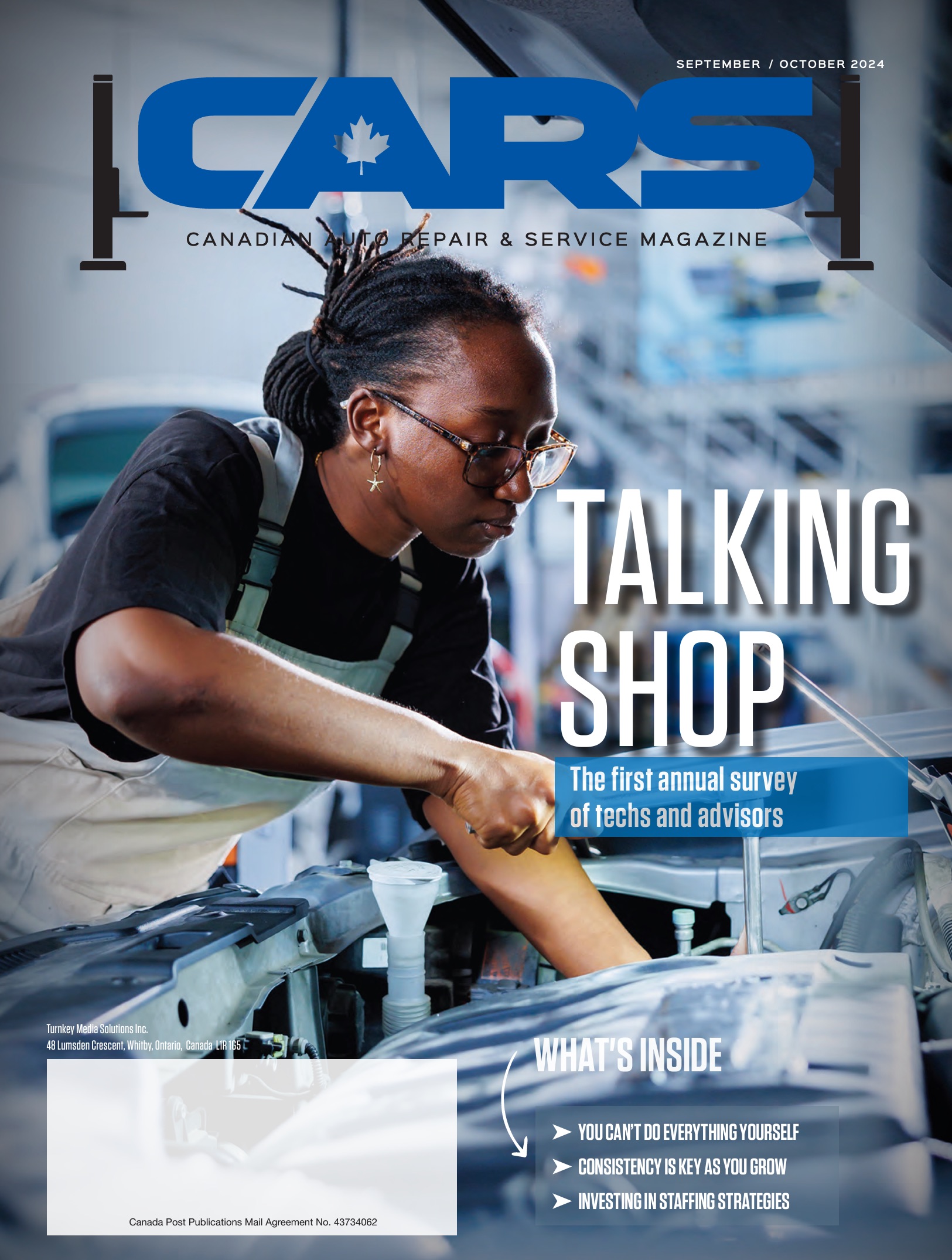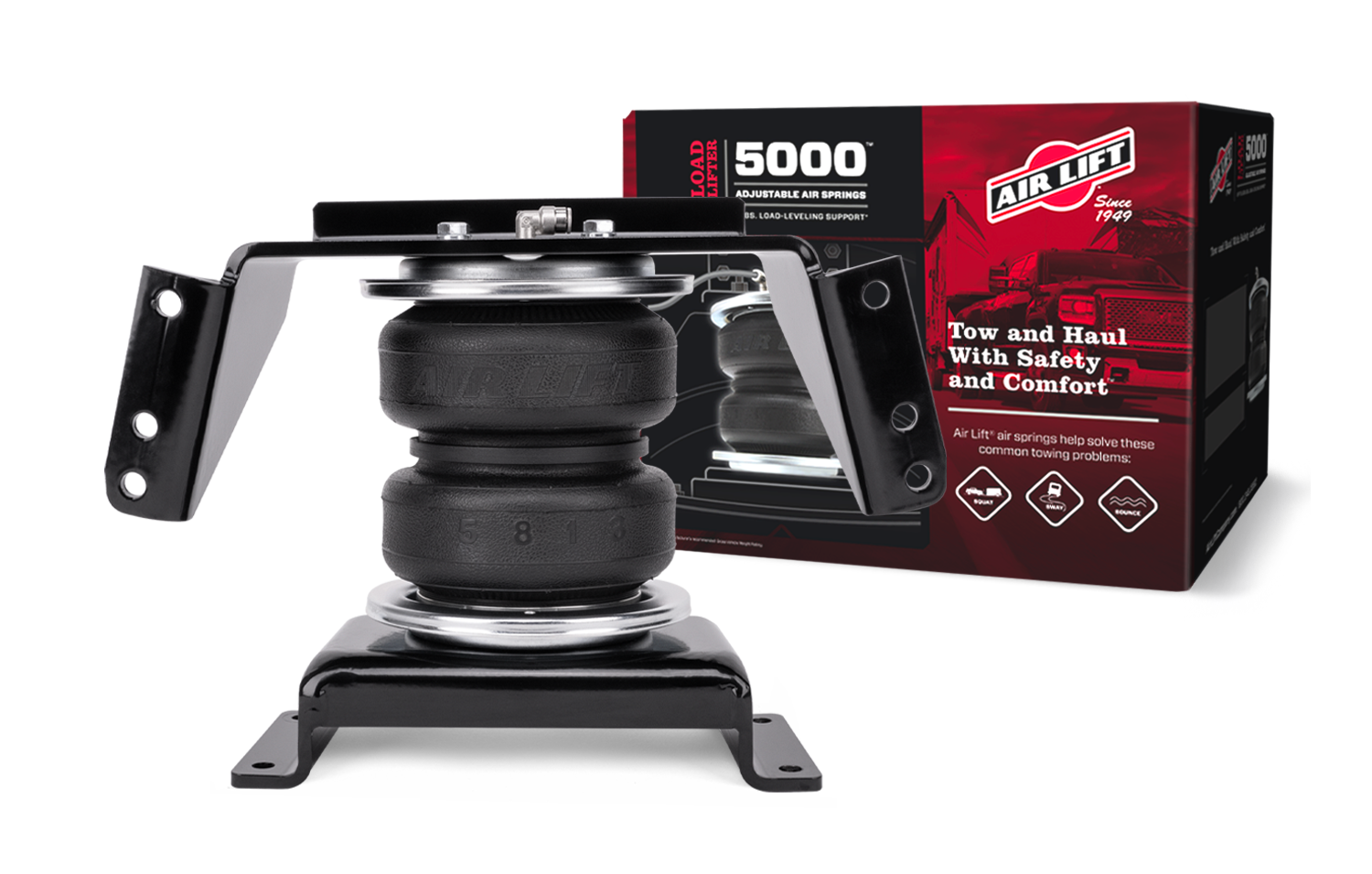
Having double standards among employees in your shop will eventually turn culture sour and you’ll watch your good people leave, warned a shop coach.
Rick White, founder and president of 180Biz told attendees during the recent Midwest Auto Care Alliance’s Vision Hi-Tech Training & Expo that a technician who outputs 50 hours of work in a week and is being paid and treated the same as a tech putting out half that will not go unnoticed by the team. Shops have a bad habit of wanting to treat everyone the same even though not everyone performs the same and the decision hurts morale, he added.
“So when you have a double standard, it’s a problem,” he said during his session Trust is the Real Currency. “And what happens is these 50-hour guys, they very quickly turn into 20-hour guys. That 20-hour guy’s a cancer.”
White asked attendees to raise their hands if they knew who they would let go first if the shop fell on hard financial times. Their hands went up pretty fast.
“If you raised your hand that fast, can we agree that they’re a problem child?” White asked.
“How many of you have somebody in your shops who shouldn’t be working there? You know what I’m talking about: You got two guys that really bang off the work and then you got this one guy that’s doing 20 hours a week? That’s a double standard,” he added.
It’s the law of least effort, White explained. Humans are going to do as little as possible to get the job done. For example, if you give someone a 10-step process, they’re going to look at how to cut it down to eight.
So if one tech sees another not putting in the same effort, they wonder why they’re doing the same. They start to pick up bad habits.
That is, unless the tech trusts you as the shop owner to take better care of them. If you have an environment where the tech feels safe in coming to you and talking about the issues they see, then you can make improvements. That may be by kicking the low-performing tech to the curb — even though attendees noted they need all the help they can get as to why they keep the “problem child” around — or working with that tech to improve themselves.
“Because they feel safe, they can be more open and transparent and vulnerable and put stuff out there because they’re not worried about somebody making fun of them or teasing them or using it against them,” White said. “Trust determines the level of quality and communication.”
And that raises morale in the shop, which then raises productivity.
“When there’s high trust, people are just concentrating on doing their work. They’re not worried about who’s doing what or why is he doing that and what’s he talking about, that kind of stuff,” White explained. “So efficiency goes up.”












Leave a Reply